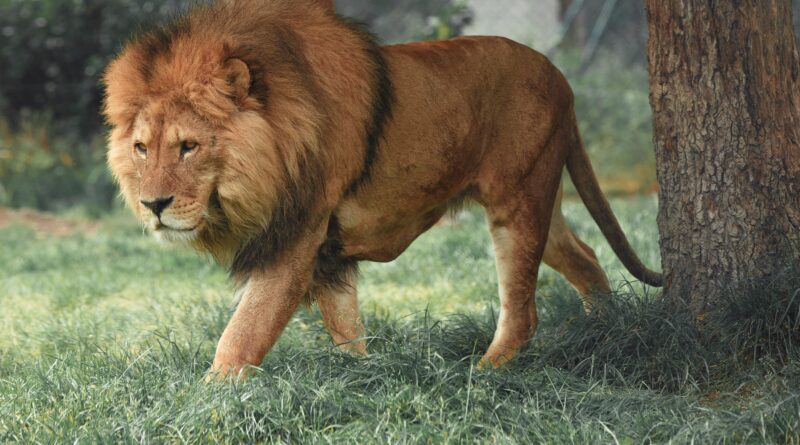Jaku Niku Kyo Shoku (The Jungle Law)
Jaku Niku Kyo Shoku
弱肉強食
Today I will talk about the four-character idiom “jaku niku kyo shoku” (弱肉強食).
今日は「弱肉強食」という四字熟語を紹介します。
“Jaku” means “weak,” “niku” means “meat,” “kyo” means “strong,” “shoku” means “eat,” and this idiom means a world/society that weak ones become preys of strong ones — the results depends directly on the differences in ability.
「弱肉強食」は漢字が意味するとおり、弱い者が強い者の餌食や犠牲になるような、実力の違いが結果を生む世界を表します。
This idiom comes from “弱之肉、強之食,” meaning “weak is the meat, strong eats it,” written by a Chinese literati called Han Yu.
この四字熟語は、韓愈の「韓愈・送浮屠文暢師序」にある、「弱之肉、強之食」(弱きの肉は、強きの食なり)から来ています。
Before biology was developed, since people thought that carnivorous animals were strong and herbivorous animals were just preys, such an idiom was born by applying it to human society.
生物学の発達していない近代以前では、肉食獣こそが強者、草食獣は捕食されるだけの弱者とみなし、これを人間社会にあてはめることで、この言葉が生まれました。
However, recently it has been cleared that predation is not easy in actual nature, and the number of herbivorous animals greatly affect the survival of carnivorous animals.
しかし現在では、実際の自然界では捕食は決して容易ではなく、草食獣の増減が肉食獣の生存に大きく影響を与えるなど、生態系のバランスが明らかになってきています。
Therefore, it is said that “kyozon kyoei” (co-existence and co-prosperity) or “tekisha seizon” (survival of the fittest) is more appropriate than “jaku niku kyo shoku” as a term for describing the natural world (the jungle law).
このため、自然界においては「弱肉強食」ではなく「共存共栄」や「適者生存」という四字熟語のほうが適切だとも言われています。




